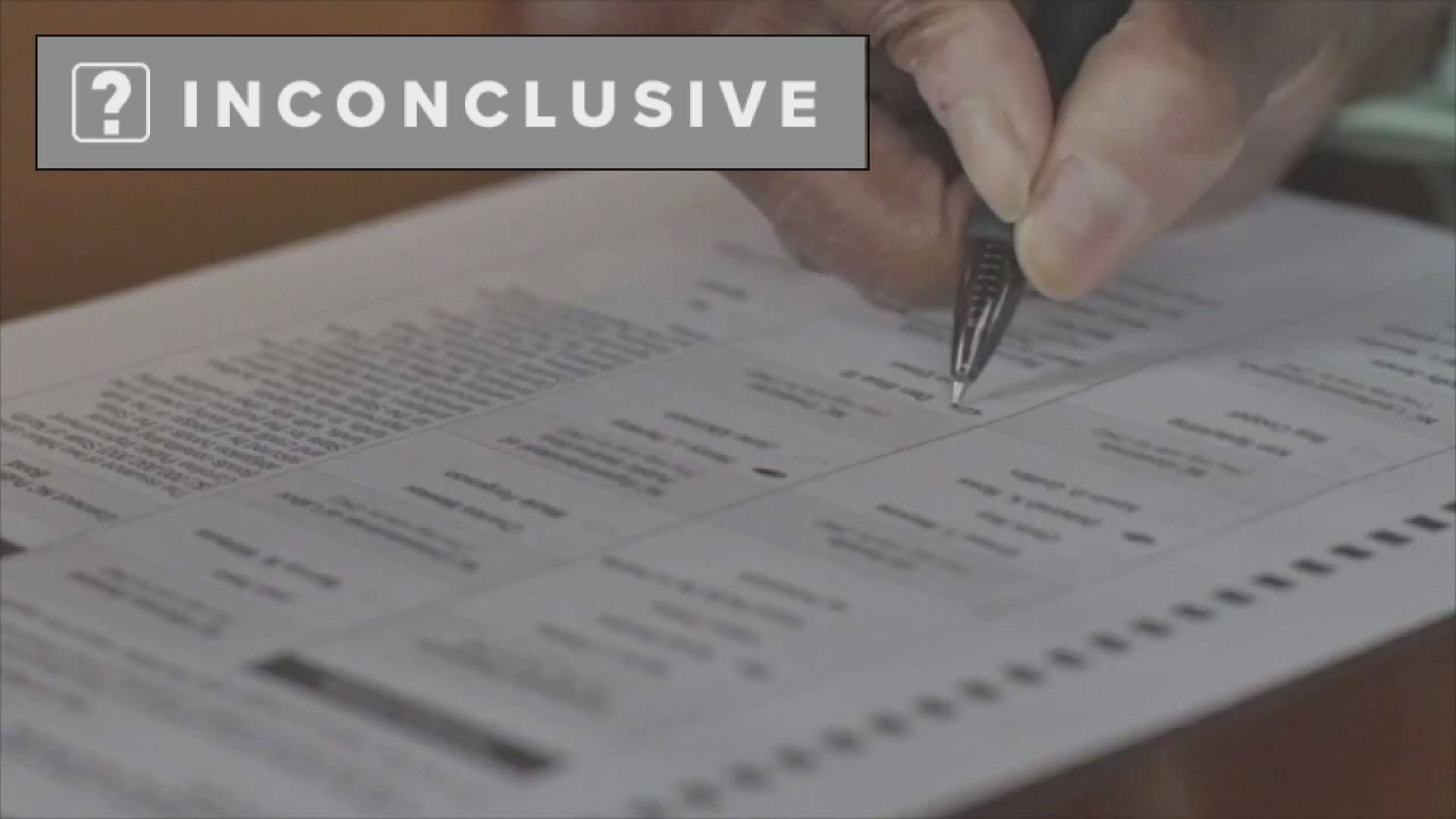GRAND RAPIDS, Mich. — A proposed bill could forever alter Michigan's presidential elections. The Michigan Board of Canvassers approved the Yes On National Popular Vote campaign's summary language of its initiative petition on Tuesday.
Representative Matt Koleszar introduced legislation, House Bill 5343, identical to the petition in the Michigan House of Representatives, as well.
The National Popular Vote law would change how Michigan, and several other states, distribute their electoral college votes. They would do so by national popular vote totals, not their individual state totals.
Some users online wonder how this could possibly be allowed, some wondered its validity and others asserted it was downright unconstitutional.
THE QUESTION
Is switching the way Michigan votes constitutional?
THE SOURCES
- U.S. Constitution
- Devin Schindler, Distinguished Professor Emeritus at the WMU-Cooley Law School and constitutional lawyer
THE ANSWER
The results are inconclusive since the Supreme Court hasn't ruled on it. However, Schindler says it has a good chance of becoming legal.
WHAT WE FOUND
Article Two of the Constitution says, in part: "Each State shall appoint, in such Manner as the Legislature thereof may direct, a Number of Electors." This means the manner is not specified.
The national popular vote law works like this. The participating states would give their electoral votes to the candidate who receives the most popular votes nationwide.
For example, If in 2020, Trump won Michigan, but Biden won the national popular vote, Michigan's electoral vote would go to Biden, not Trump.
Already, 15 states and D.C. have adopted the National Popular Vote law. That is 195 of the 270 votes needed to enact this change. Michigan could bump that number to 210.
Despite this movement being bipartisan, many republicans are not on board.
"This takes power away from the smaller states, which have undue influence on Electoral College," he said. "So it just makes sense that the Republicans would want to keep the current system because it gives them a greater chance of winning."
Switching to popular vote greatly evens the playing field, he added. Smaller states don't get too much influence, while larger states arent undervalued. Because Michigan's house and senate are GOP-controlled, it isn't likely to pass through there. But, if about 340,047 Michiganders sign a petition, it could be added to a future ballot and the citizens can decide.
"There's a certain fairness that if we truly are united states, that the President should be appointed by popular vote," he added. "On the other hand, by doing so you're taking away some of the influence we have as a state when it comes to elections."
It can be expected that if the initiative gets the 270 electors it needs, conservatives will take it to the Supreme Court. But, Schindler said that doesn't automatically mean it will get shut down.
"If this were ever to reach the Supreme Court, the Constitution seems fairly clear," he said. "The language of the Constitution would appear to give the state's discretion to do it this way if they chose to do so."
►Make it easy to keep up to date with more stories like this. Download the 13 ON YOUR SIDE app now.
Have a news tip? Email news@13onyourside.com, visit our Facebook page or Twitter. Subscribe to our YouTube channel.

